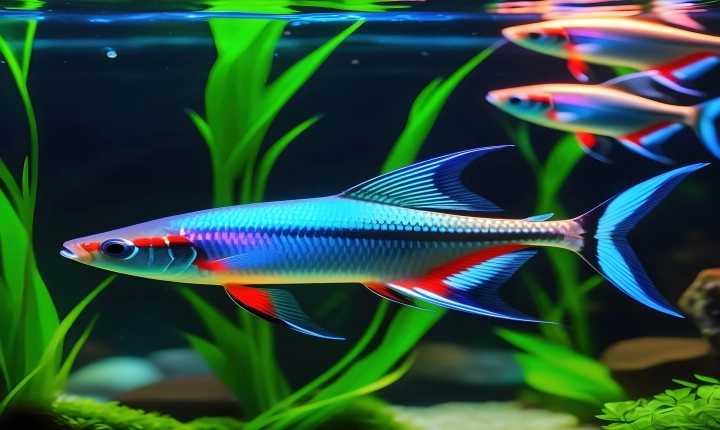Title: Does Microsoft Own OpenAI?
In recent years, the tech industry has seen a surge in major acquisitions and partnerships that have further shaped the landscape of artificial intelligence and machine learning. One such collaboration that has garnered attention is the relationship between Microsoft and OpenAI. With both companies making significant contributions to the AI ecosystem, there has been confusion and curiosity surrounding the extent of their partnership and whether Microsoft owns OpenAI.
Microsoft’s involvement with OpenAI began in 2019 when the two companies announced a strategic partnership. As part of this collaboration, OpenAI chose Microsoft Azure as its preferred cloud platform, with the aim of harnessing Azure’s advanced infrastructure to further develop and scale its AI capabilities. Additionally, Microsoft made a substantial investment of $1 billion in OpenAI, strengthening their ties even further.
However, it’s important to clarify that the partnership does not equate to ownership. Despite Microsoft’s financial investment and close working relationship with OpenAI, the company remains an independent entity with its own mission and vision. OpenAI’s goal of ensuring that artificial general intelligence (AGI) is used for the benefit of all humankind continues to guide its pursuits, while Microsoft supports the partnership by providing the technological resources necessary to achieve these ambitions.
So, while Microsoft has a significant stake in OpenAI and the two companies collaborate closely on various projects, OpenAI operates as a separate entity and does not fall under Microsoft’s direct ownership. Instead, the partnership allows both companies to leverage each other’s strengths and capabilities, with Microsoft benefiting from OpenAI’s cutting-edge research and OpenAI gaining access to Microsoft’s cloud infrastructure and resources.
The collaboration between Microsoft and OpenAI showcases the potential for strategic partnerships in the AI space, where synergies are created without necessarily entailing full ownership. This model allows independent organizations to join forces and achieve greater impact through shared expertise and resources.
In conclusion, Microsoft’s partnership with OpenAI is a testament to the evolving nature of the tech industry, where collaboration and strategic alliances are driving innovation in artificial intelligence. While Microsoft’s investment and close ties with OpenAI have strengthened their collaboration, it’s essential to recognize that OpenAI remains an independent entity, with its own pursuits and autonomy. This model of partnership serves as a blueprint for future collaborations in the AI sector, demonstrating the potential for mutual growth and advancement while preserving the distinct identity and purpose of each organization.
